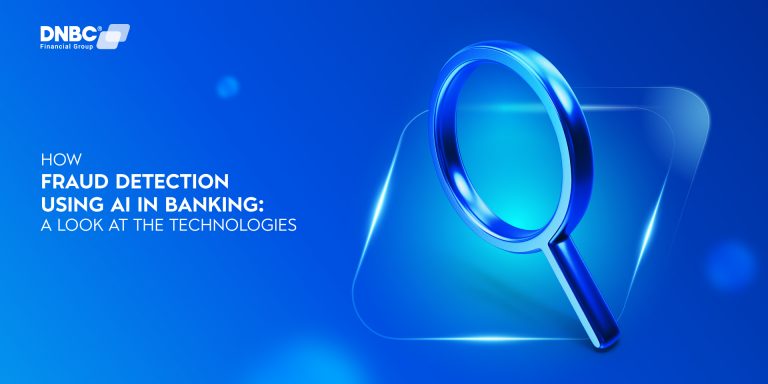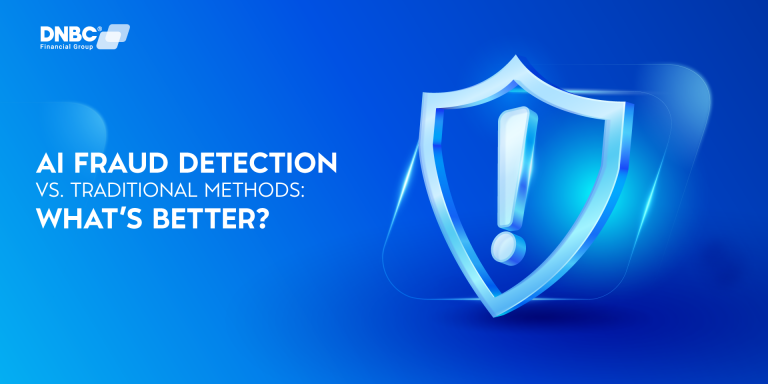Fueled by cutting-edge technology, today’s evolving financial landscape is undergoing a revolution in how we handle payments, especially on a global scale. Various technological advancements are shaping the future of international transactions, from blockchain to artificial intelligence. These advancements help enhance security, speed, and efficiency.
Let’s explore some of the most significant technology trends that are transforming global payments in the digital era.
1. Blockchain Technology
Blockchain technology has revolutionized the global payments industry. It offers a decentralized and secure method for recording transactions. Its transparency and immutability ensure accurate records that cannot be altered, minimizing fraud risk and enhancing trust among users.

The rise of cryptocurrencies has further transformed global payments. These digital currencies enable direct peer-to-peer transactions without intermediaries (such as banks), reducing transaction fees and processing times. Cross-border payments become more efficient and affordable.
Stablecoins, pegged to traditional currencies (such as the US dollar or euro), are gaining popularity. They combine the advantages of cryptocurrencies (low transaction costs and fast processing) with the stability of fiat currencies, making them an appealing choice for international payments.
While blockchain offers exciting possibilities, it’s still a developing technology. Scalability and regulatory hurdles are areas that need further development for widespread adoption in global payments.
2. Artificial Intelligence (AI) and Machine Learning (ML)
AI and ML help payment systems boost security, streamline processes, and enhance customer experience. Technology startups are leveraging these technologies to revolutionize various aspects of the payments industry. Let’s explore their key applications:
Fraud Detection and Prevention
While traditional fraud detection methods often rely on predefined rules and patterns, which can be easily bypassed by sophisticated fraudsters. AI and ML algorithms can quickly analyze massive amounts of data in real time. They help detect suspicious activities and patterns that could signal fraudulent behavior.
These technologies can continuously learn and adapt to new fraud tactics, providing a more robust and proactive approach to fraud prevention.
Personalized Customer Experience
AI and ML are also enhancing the customer experience in the payments industry. AI-powered chatbots and virtual assistants are capable of handling customer inquiries and providing support 24/7. Natural language processing (NLP) enables personalized responses, resolving issues efficiently.

Additionally, AI-powered analytics can help payment providers understand customer behavior and preferences. By doing so, they can offer personalized services and recommendations that cater to each customer’s unique needs.
Predictive Analytics
AI and machine learning help businesses use predictive analytics to forecast future payment behaviors and demand. This is done by analyzing historical transaction data and identifying trends.
This information helps optimize payment processes, manage cash flow, and inform financial strategies.
3. Real-Time Payments (RTPs)
Real-time payment systems, such as the SEPA Instant Credit Transfer in Europe and the Real-Time Payments (RTP) network in the United States, swiftly settle transactions, reducing waiting times from days to seconds. This trend will surge as more countries adopt real-time payment systems.
Benefits
Real-time payments offer significant benefits for consumers and businesses.
For consumers, instant money transfers provide greater convenience, eliminating waiting periods and allowing immediate access to funds, which is especially crucial during emergencies

For businesses, real-time payments can improve cash flow management and reduce the risk of payment delays. This is especially valuable for small and medium-sized enterprises (SMEs) that rely on timely payments to maintain their operations.
4. Mobile Payments
Mobile payments have become necessary worldwide because lots of people use smartphones. The convenience and security of them drive their adoption worldwide.
Financial Inclusion
In some countries, it’s hard to get access to banking services. However, mobile payments are changing the landscape by promoting financial inclusion.
Mobile payment apps bridge this gap by allowing people to conduct financial transactions conveniently and easily, all from their mobile devices. This brings more individuals into the formal financial system.

Empowering Small Businesses
Mobile payments also empower small businesses and entrepreneurs. In regions where cash transactions dominate, mobile apps offer a secure and efficient alternative. Small businesses can accept payments via mobile devices, reducing the risk of theft and improving cash flow management. This stimulates local economies and creates new opportunities for economic development.
5. Digital Wallets
Digital wallets are transforming how we manage money. They support multiple currencies and payment methods, making them perfect for international transactions. As adoption grows, digital wallets are becoming integral to the global payments landscape.

Advantages
- Convenience: Users store payment details securely and transact with a few clicks, eliminating the need for physical cards or cash.
- Enhanced Security: Advanced encryption and tokenization protect payment data. Biometric authentication and real-time monitoring prevent fraud.
- Versatility: Digital wallets handle various currencies and payment methods, facilitating seamless cross-border transactions. Additional features like loyalty programs, rewards, and cashback offers enhance the user experience.
6. Biometric Authentication
Global payments are safer because of biometric authentication. This technology uses fingerprint scanning, facial recognition, and voice recognition to confirm identities. These methods are safer than old ones like passwords and PINs, which help lower the chance of fraud.
Mobile payments, in particular, benefit from biometric authentication. With fingerprint scanners and facial recognition technology on many smartphones, users can securely authenticate transactions.
7. Regulatory Technology (RegTech)
RegTech assists financial institutions in complying with regulations more efficiently. Leveraging advanced technology trends like AI, machine learning, and blockchain, RegTech automates compliance processes, reducing time and costs associated with regulatory requirements. By streamlining compliance, RegTech contributes to smoother and more secure global payments.

RegTech helps manage complex regulations such as AML (Anti-Money Laundering) and KYC (Know Your Customer). Unlike traditional compliance methods, RegTech automates and streamlines processes. AI and machine learning analyze large datasets to identify compliance issues, while blockchain ensures transparent transaction records for easier verification.
RegTech enhances efficiency by automating compliance, allowing institutions to focus on core activities. It improves accuracy by swiftly identifying potential issues, thereby reducing regulatory breach risks. Additionally, RegTech promotes transparency and accountability, enabling institutions to demonstrate regulatory adherence and build trust.
Introducing DNBC: Your Partner in Global Money Transfers
As the global payments landscape continues to evolve, DNBC stands at the forefront, offering innovative solutions for seamless and secure international money transfers.
By leveraging the latest payment technology trends, our service ensures fast, reliable, and cost-effective transactions. Whether you’re a person sending money to family overseas or a business handling international transactions, DNBC is designed to serve you.
Why Choose DNBC?
Free 1-on-1 Customer Support
Whether you need personalized guidance, want to track a transfer, or require assistance with documentation, we’re here to assist.

Cutting-Edge Technology
DNBC uses advanced encryption and security protocols to protect your funds during money transfers. By incorporating technology trends such as AI and machine learning, our algorithms detect and prevent fraudulent activities, providing you with peace of mind.
Competitive Exchange Rates
Our competitive exchange rates help you get the most from your money. Our transparent pricing means no hidden fees or charges, giving you confidence in receiving a fair deal.
Related Articles:
DNBC Financial Group is your trusted provider in international money transfer
- Get 100% free 1-on-1 support
- 100% free account opening
- Seamless onboarding process
Or please contact DNBC
![]() Email: [email protected]
Email: [email protected]
![]() Phone Number:
Phone Number:
- +65 6572 8885 (Office)
- +1 604 227 7007 (Hotline Canada)
- +65 8442 3474 (WhatsApp)



 DNBC Team
DNBC Team






